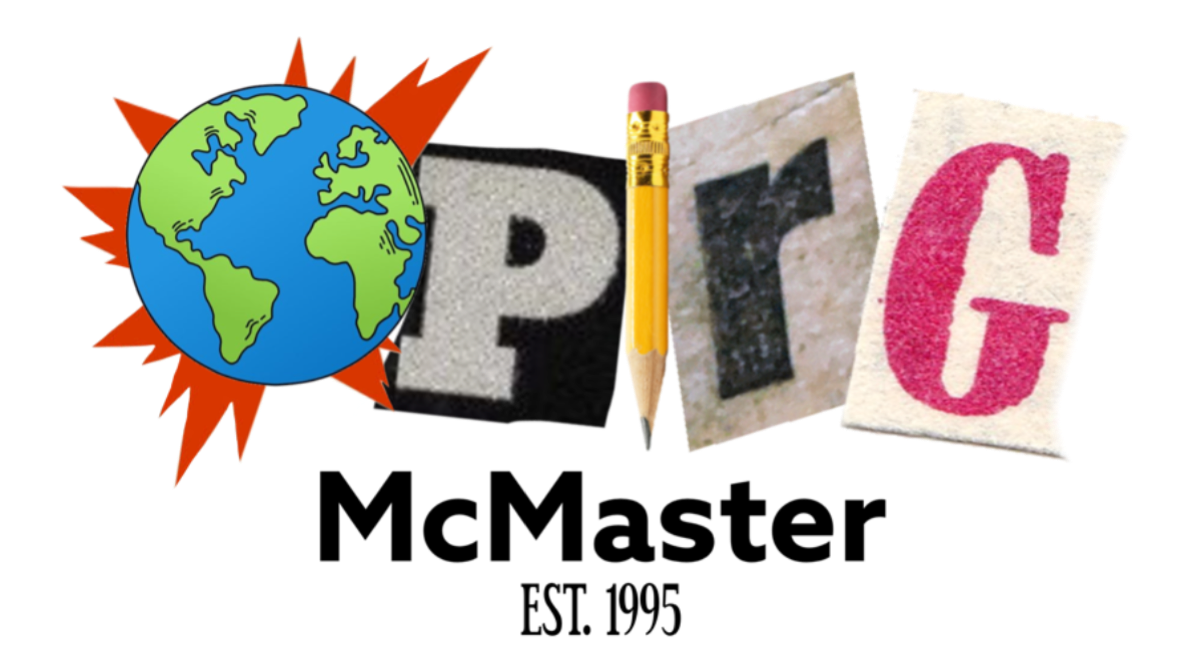A Revolutionary Solution to Recycling Coffee Cups
14 billion single-use cups of coffee is consumed in Canada or 1.5 billion each province, and on a personal level of 250 cups per person per year. The reason why the cups don't get recycled is because there is a polyethylene lining around the cup that conserves the heat and prevent spills. That single-use cup will take over 1000 years to biodegrade. The problem with throwing the cup into a recycling bin is that most of the time the cup still has remaining coffee in it that eventually contaminates the other recyclable goods such as cardboard. Although there are incentives of urging consumers to bring their own mug for a $0.10 discount or a deposit system in Montreal where consumers pay for a reuseable mug to use across other local cafes, this is not enough to solve the coffee cup crisis in landfills.The NextGen Consortium is a global platform where they invite people from all levels of experience to submit ideas in developing the design and materials to make a reuseable, compostable, recyclable coffee cup. With 500 submissions from more than 50 countries, there were 12 winners that were granted $1million to test out their cups at big brands such as McDonalds and Starbucks. The collaboration instead of competitiveness was more significant in this case to finally prioritize the environment with McDonald's statement:
"It’s a societal issue, and there’s a way that we can come together, not as competitors, but as problem solvers. We can use our collective scale to make a difference.”
Check out some of the winners here!
Footprint: molded fiber to create 27 million paper straws/day and the coffee cups are compostable, 48% stronger than current cups, provides high insulation and is cool enough to hold with no sleeve required. They have even expanded this packaging for food (meat trays, produce) and even household equipment!
Solublu: biodegradeable, food-grade material that is better than bio-plastic, with no harmful outcomes to our oceans
Recup: a reuseable cup deposit system where the cup is returned to thousands of other cafes once used, this is implemented all throughout Germany
Kotkamills: uses raw wood and water-based dispersion barrier instead of plastic lining for 100% recyclable, repulpable cups and food packaging with absolutely no landfill, this is based in Finland

